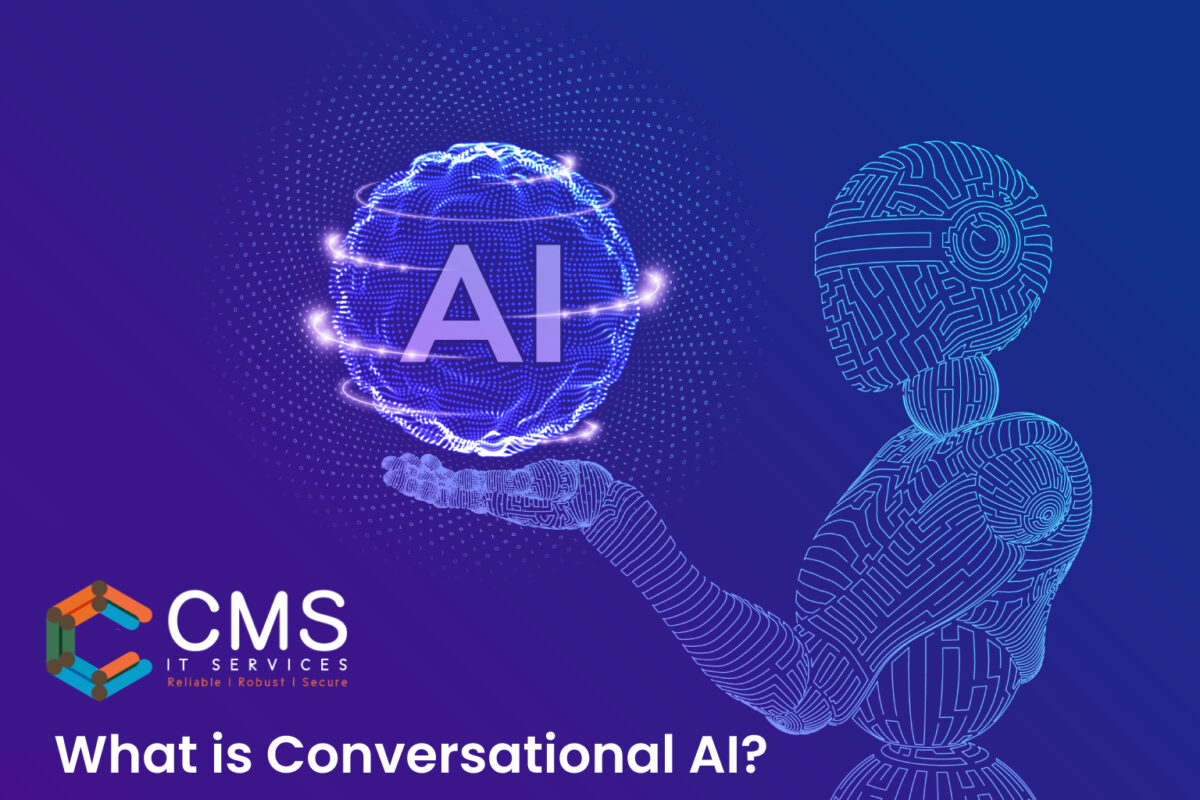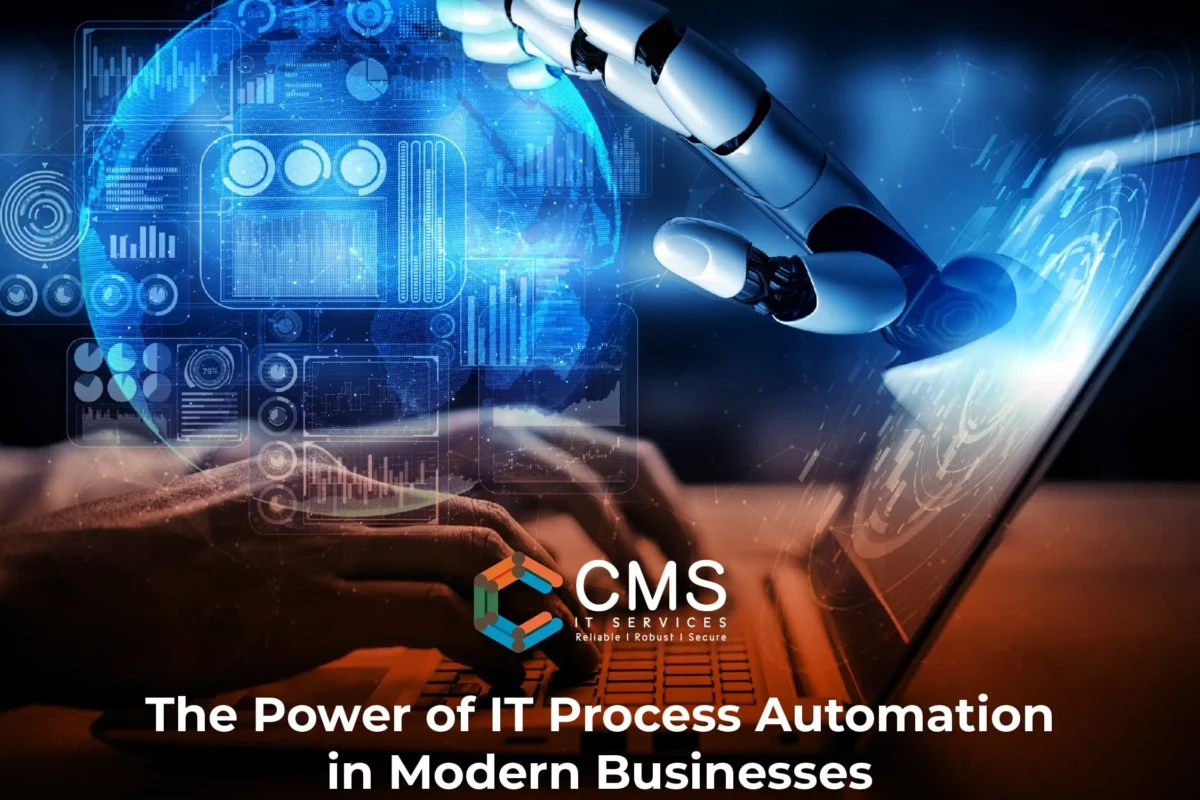What is Conversational AI?
Conversational AI stands out as a transformative force. This remarkable technology encompasses a suite of systems and tools that empower computers to engage in natural language conversations with humans. AI systems are intelligently crafted to not only comprehend and generate human language but also to create an immersive experience that closely mimics interactions with fellow human beings. The fusion of Natural Language Processing (NLP), speech recognition, and dialog management has led to a significant transformation from traditional, rule-based conversations to today’s sophisticated exchanges with AI-powered entities.
One of the most intriguing facets of Conversational AI is its ability to analyze customer sentiment. It not only captures the words spoken but also delves into the emotions underlying them thereby using predictive analysis. By harnessing this sentiment analysis, businesses can guide their human agents on the most effective ways to assist customers based on their emotional state, ultimately leading to enhanced customer satisfaction and loyalty. They can thus decipher a user’s query and deliver a personalized experience.
Integrating conversational artificial intelligence across automated customer-facing touchpoints can eliminate the need for page-hopping or a heavily click-driven approach to interaction. Instead of performing multiple actions and browsing through heaps of irrelevant information, customers can simply ask an AI-enabled bot to find what they need.
Digital Employee Experience (DEX) Management
Conversational AI can also enhance Digital Employee Experiences (DEX) in various ways by providing efficient and personalized solutions. Digital Employee Experience is arrived at by evaluating the data across your entire IT ecosystem to enhance key IT and business processes with employee-centric insights. This helps in improving service ticket management processes, correlation with external data sources etc. and delivering much superior user experience than before.
Without the requirement for specialized knowledge, AI assistants can potentially help staff members execute activities across a variety of business processes and applications, such as automating customer care, developing code, and critical functions in departments like HR. Conversational AI can potentially conduct employee surveys, collect feedback, and analyze responses to help HR and management make data-driven decisions to improve the workplace. Apart from that, automating customer support, writing programming, making user experience management easier than before for IT teams.
By enhancing these aspects of the digital employee experience, conversational AI can lead to improved productivity, higher employee satisfaction, enhanced employee engagement and reduced administrative overhead, ultimately contributing to a more efficient and engaging workplace.

